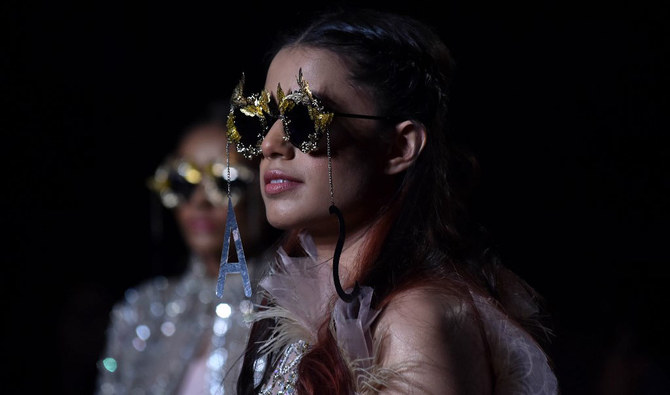RAWALPINDI: Selling secondhand clothes is not new in Pakistan but wearing them has only recently become fashionable, with influencers destigmatizing and making style statements from thrifted, pre-worn apparel and accessories.
A global boom in online marketplaces that let shoppers buy and sell used clothing and accessories, coupled with increasing awareness over sustainability, is changing the perception people have of shopping at thrift stores.
"There’s a surge of how young people are looking at fashion through a lens of responsible practices and approaching fashion differently," Amber Javed, the influencer behind A Wardrobe Affair — one of Pakistan’s first prominent fashion blogs — told Arab News.
"There is an idea like in our communities, specifically, that wearing pre-worn clothes can be looked down upon, but when I was abroad, I saw it was a thriving and exciting branch of fashion," she said.
To mainstream secondhand fashion, she launched Find Again, an Instagram shop where she sells personally curated thrifted and pre-worn clothing and accessories.
"I want to normalize this for people here by saying here I am doing the same, we can all participate in this," said the influencer whose Instagram account has now over 146,000 followers. "It makes it okay for the people who follow me as well to say 'if she can do, it we can do it too.'"
Her Find Again pieces have already been bought and worn by others from the fashion industry, including stylists and fellow influencers.
The internet and online shopping are helping shape a whole new approach toward buying second hand, which in Pakistan has been seen more as a necessity and, sometimes, a possibly a source of shame.
Landa bazars (flea markets), kabaris, itwar bazars, Sunday markets are nothing new in Pakistani cities and have since time immemorial offered fashion on the cheap. Like elsewhere in the world, they sell branded items, high-street finds, factory rejects and often clothes of ex-pats and diplomats who upon leaving Pakistan also leave some of their wardrobes behind.
There used to be a stigma about shopping there. "In college, students would make fun of people who bought from there," said Tabraiz Bukhari, a 25-year-old tech industry professional from Lahore.
With new online shops and initiatives, the stigma of buying or admitting to shopping secondhand apparel is gradually disappearing and has been replaced by a playful attitude toward vintage clothing.
"Because who wouldn't want a good deal on a denim jacket?" said Sara Mehdi from Karachi, who recently bought her first pre-loved embroidered denim jacket for roughly Rs1,000 ($6).
"People are taking thrift shopping in stride, and the question of 'oh you shop thrift because you can't afford branded new clothes' doesn't come up."
















